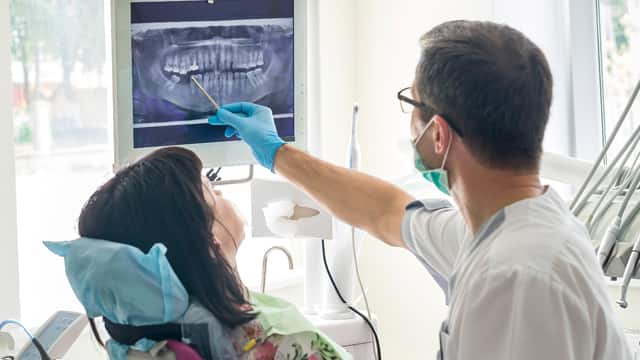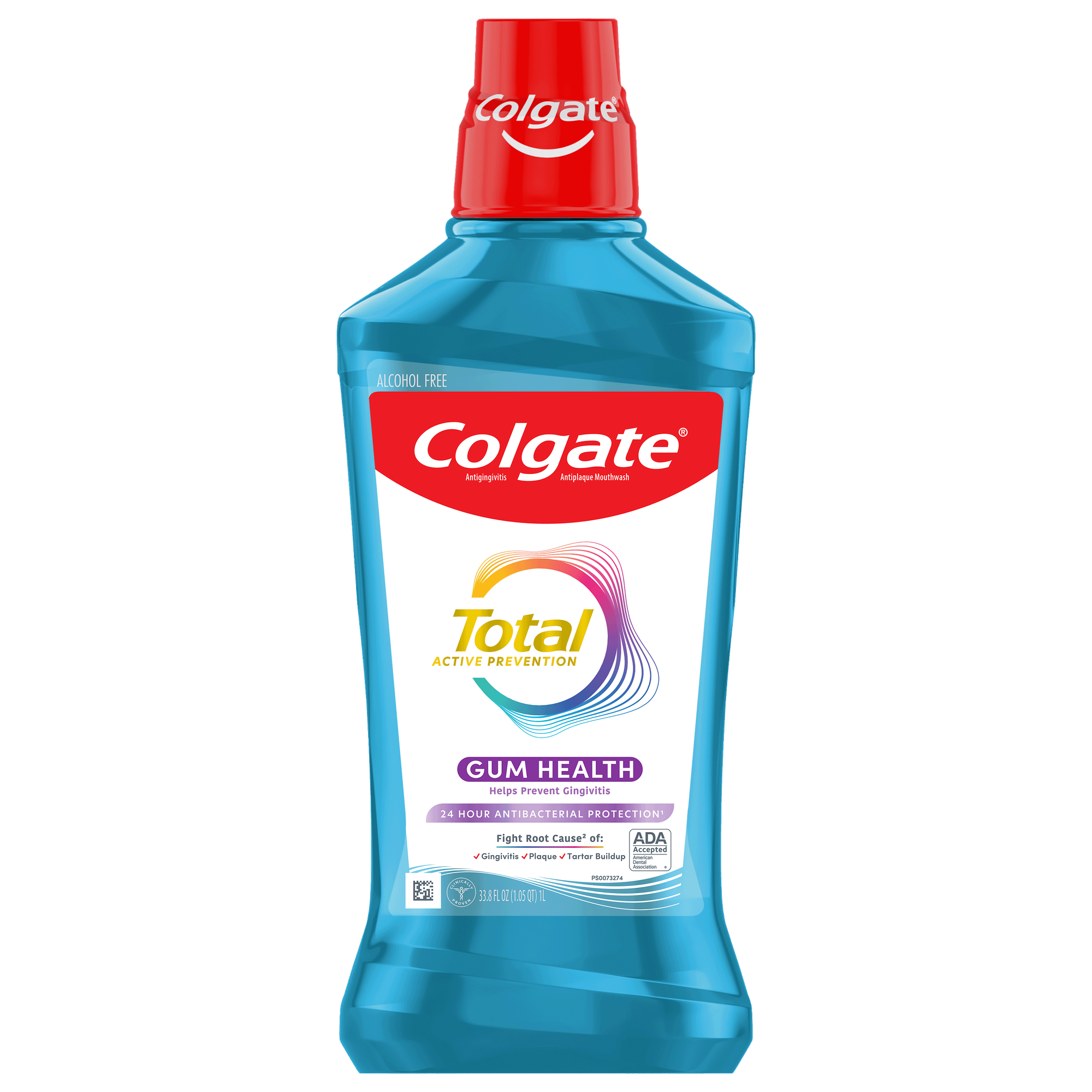We'll help you solve the mystery of a fistula by giving you the scoop on why a fistula forms, what it might indicate, and how to treat it.
What Is a Fistula and How Does it Form?
Be in the know by taking this five-part mini science lesson on dental fistulas:
- White blood cells surround the bacteria in an infection.
- This usually results in swelling in and around the infection site.
- Occasionally, the pressure produced by the swelling finds an area of weakness in your oral cavity's soft or hard tissues.
- This creates a pathway through which fluids from the infection (typically pus) drain into gum and tooth areas.
- A fistula forms. Consider it a reservoir of the infection filled with whitish pus or pinkish pus if blood is mixed in.
You might or might not experience pain or fever with the fistula or the infection triggering it. Regardless, schedule a dental exam as soon as you can to diagnose the underlying infection – as well as treat the fistula before it bursts.
Diagnosing a Fistula and Determining the Cause of the Infection
During a dental exam, your dental professional:
- Will visually examine the fistula and look for causes of the initial infection.
- Take X-rays of the affected area.
- Might recommend further study, such as lab analysis, according to "A Textbook of Advanced Oral and Maxillofacial Surgery, Volume 3."
Fistulas usually form due to infection caused by abscessed gums or teeth. The abscess itself typically results from improper oral hygiene or dental trauma. But any oral infection might lead to a fistula, including decay, injury, disease, post-surgical complication, or a congenital issue. Or an infection from a disease affecting another part of your body might migrate to your oral cavity.
How Does a Dentist Treat a Fistula?
Your dental professional might take any or all of these steps:
Prescribe Antibiotics: The first step in treating a fistula is to treat the underlying infection. Usually, a prescription of antibiotics is in order. You can only help by rinsing with an antibacterial product.
Perform/Recommend a Procedure: If your dentist diagnoses a dental abscess associated with the fistula, they'll recommend a root canal or an extraction. If there's no abscess, the treatment will depend on the core cause of the infection.
Drain the Pus: In a few cases, the dentist might remove the fistula pus to help with the healing. As we noted before, please don't try this at home.
Advise Prevention of Future Fistulas: Because oral issues are usually the cause of a dental fistula, engaging in proper oral care will help prevent a fistula from forming. Your dental pro will want to make sure that you:
- Brush your teeth twice daily with fluoride toothpaste.
- Clean between your teeth daily with floss or another interdental device.
- Schedule regular dental check-ups.
To ensure you're healing properly after treatment, your dentist will want to conduct a follow-up exam. Plus, if you had a dental procedure, you might need a follow-up to:
- Cap the tooth that underwent a root canal.
- Replace the extracted tooth with a dental implant.
We hope dental fistulas are a lot less mysterious now. By having learned how they form, what causes them, and how to treat them, you're clued in on the steps you can take to prevent them. After all, it's no secret: A proper oral health care routine helps solve many oral puzzles.
Oral Care Center articles are reviewed by an oral health medical professional. This information is for educational purposes only. This content is not intended to be a substitute for professional medical advice, diagnosis or treatment. Always seek the advice of your dentist, physician or other qualified healthcare provider.
ORAL HEALTH QUIZ
What's behind your smile?
Take our Oral Health assessment to get the most from your oral care routine
ORAL HEALTH QUIZ
What's behind your smile?
Take our Oral Health assessment to get the most from your oral care routine






.png)








